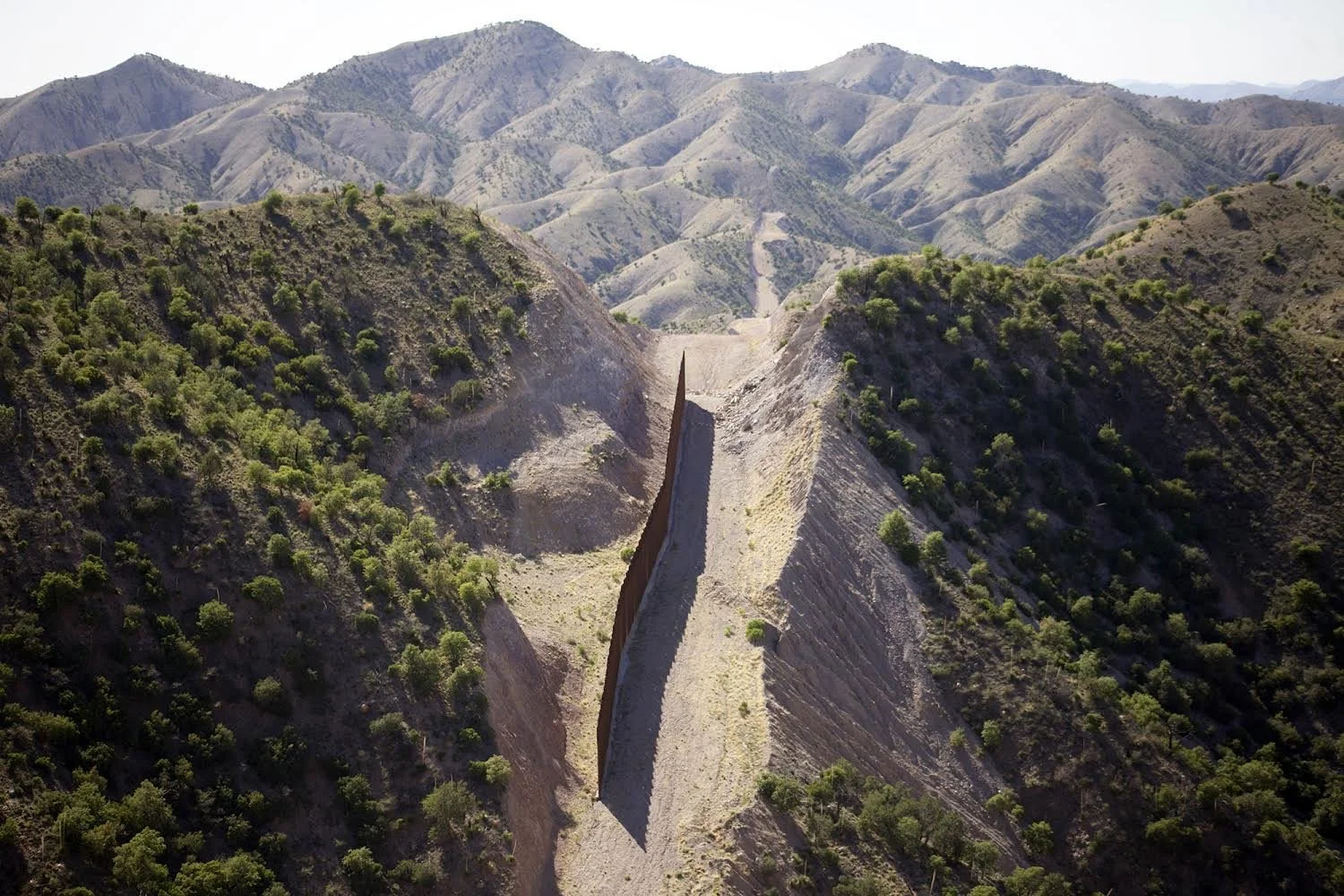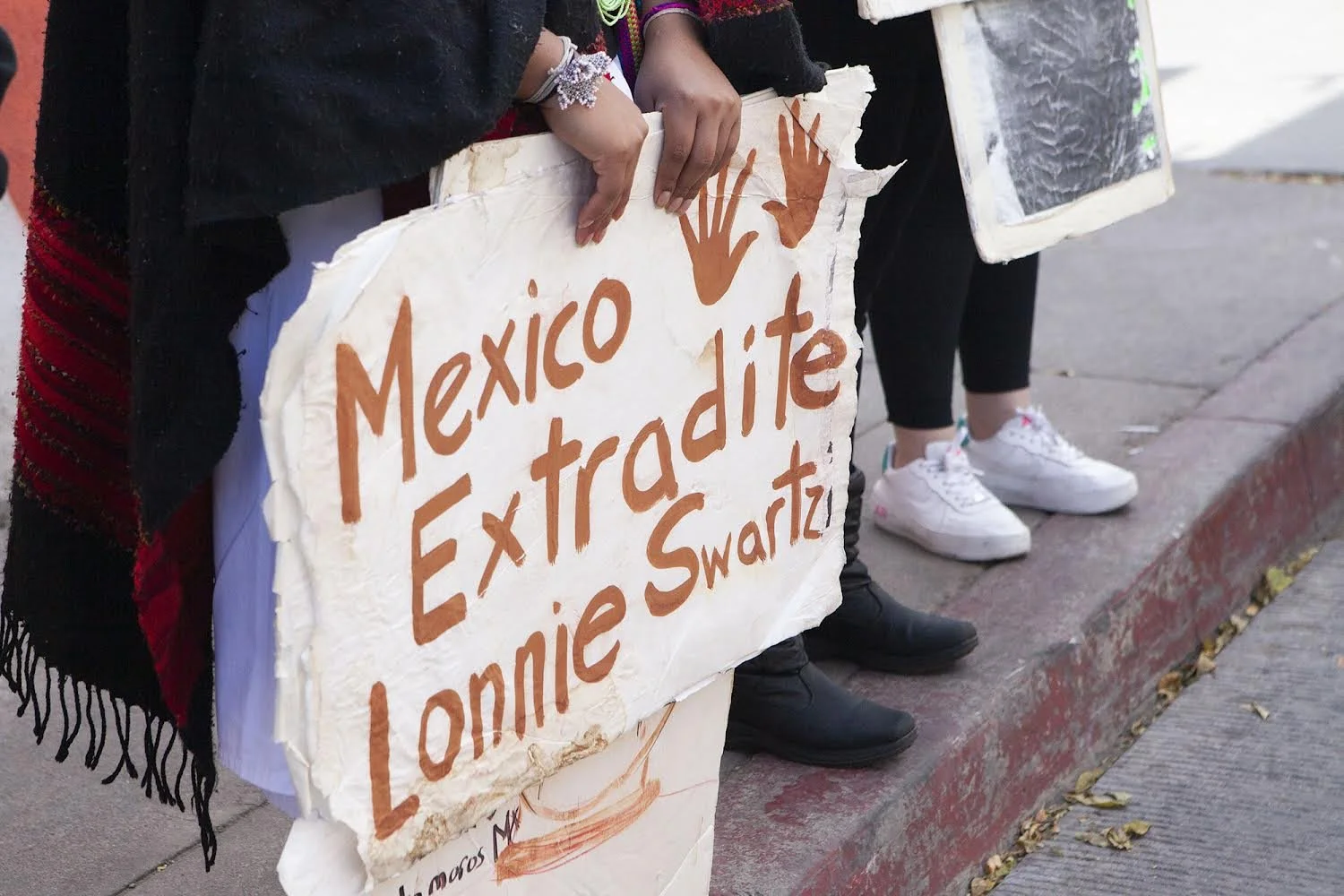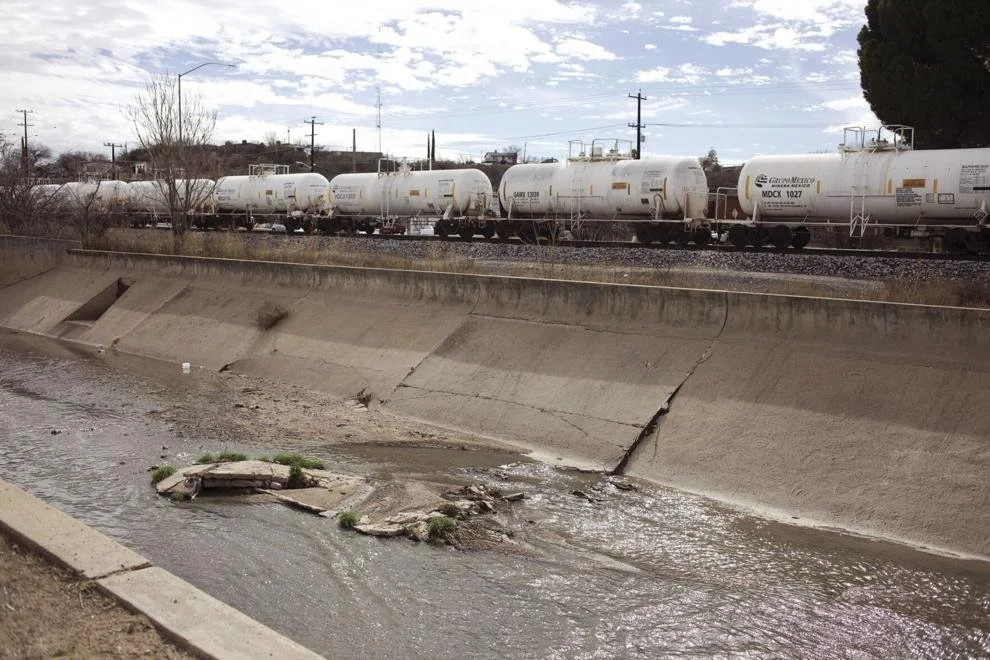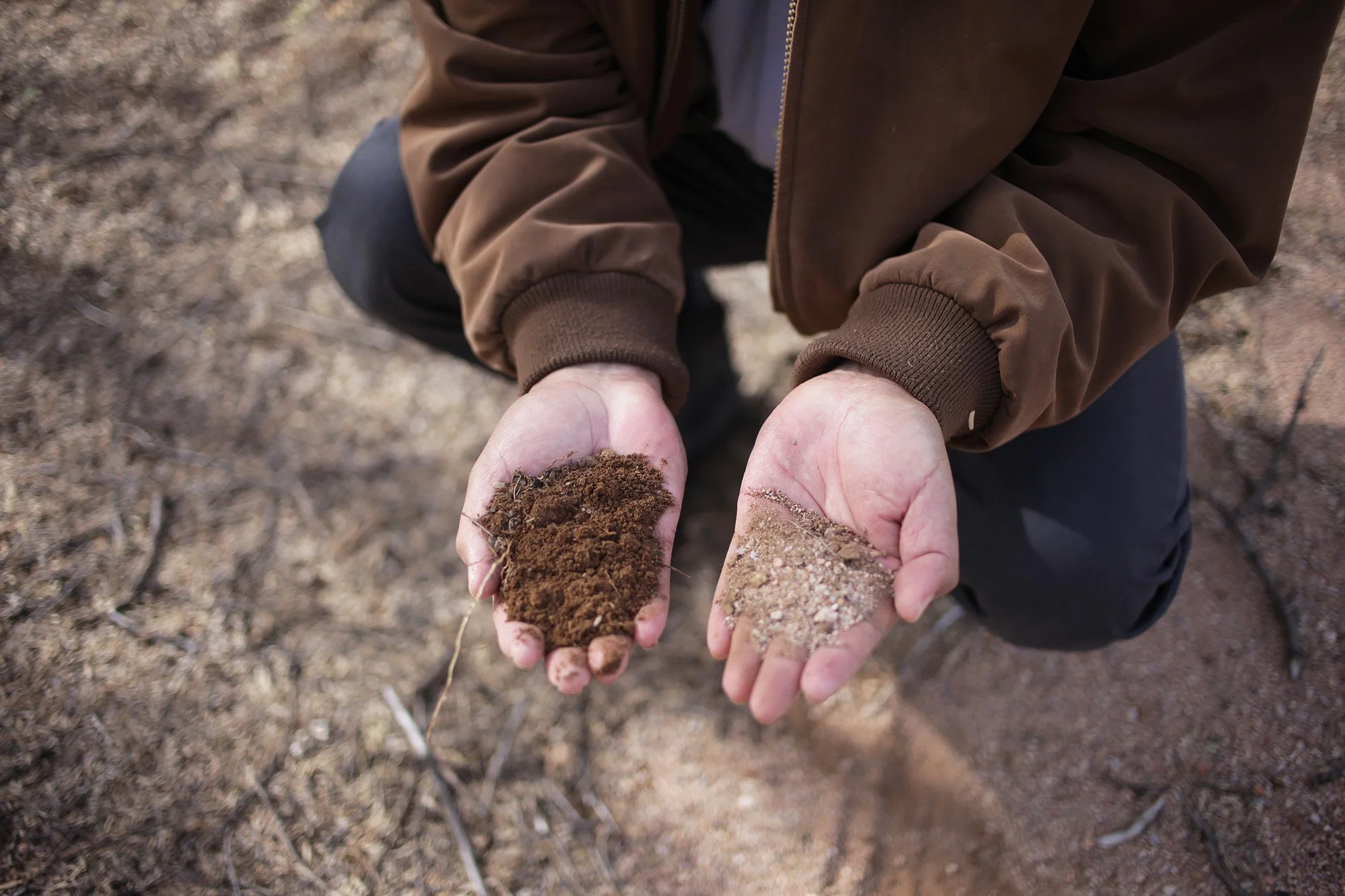Journalist
& PHOTOGRAPHER
I have extensive experience covering politics, rural and Latino communities in the northern state of Washington.
I undertook translation work at various news organizations that have lapsed in reaching the growing Hispanic population, which the state largely relies on for agriculture and construction.
With that in mind I covered labor rights, immigration and community stories centered on Latino communities in the state, where these kinds of stories easily get lost or are ignored.
My work has now taken me to the southern border. I’m currently based in the binational community of Ambos Nogales.
As a journalist focused on highlighting underrepresented communities, my work in explores the complexities of a highly politicized region: environmental issues exacerbated by underinvestment, hyperlocal impacts of national anti-immigrant rhetoric on migration, politics and the economy in Santa Cruz County
Beyond that, my work also zeroes in on the border as a community space, an element that is too often ignored.
Hidden labor, hidden risk
The path to workplace justice for one injured, undocumented laborer illustrates the holes in Labor & Industries, Washington state’s vaunted worker-protection safety net.
By Daisy Zavala Magaña
In early spring of 2023, Francisco M. moved from Georgia to Spokane to work not knowing much about the company he would work for, or even the full name of his supervisor, “Blacky” — a man whose name he said he does not fully know to this day.
He said he had heard about an opportunity to work in construction here from an extended family member in Georgia that had previously worked for the company. (RANGE is identifying Francisco by his first name and last initial because of his immigration status.)
“I was just looking for work,” Francisco told RANGE. “You don’t really have time to think about how people who are undocumented can be exploited for work.”
In Nogales, Sonora, migrants weigh options amidst uncertainty
By Daisy Zavala Magaña
On a recent morning, 19-year-old Monse Gonzalez Hernandez kept a watchful eye on her daughter and triplets as they wandered through the Casa de la Misericordia, a migrant shelter standing atop a steep hill in Nogales, Sonora.
Gonzalez and her husband moved their family away from the Mexican state of Guerrero, where the local cartel kept trying to recruit 22-year-old Ivan Castro. But after months of waiting for a chance to request asylum in the United States, they were met with a major setback in mid-January: There were no longer any legal avenues to request U.S. asylum. at the border.
Elsewhere in Nogales, Sonora, Alberto Venegas weighed his options. He had been deported by U.S. authorities last month after he entered the country without legal authorization to try to reunite with his family in Washington state, the place he had called home since he was a child.
It’s nearly impossible for WA farmworkers to unionize. Here’s why that matters
By Daisy Zavala Magaña
Jose Martinez isn’t one to give up a fight.
A longtime workers advocate, Martinez helped spur a state investigation into discrimination at Ostrom Mushroom Farms, a major Pacific Northwest producer, resulting in a $3.4 million settlement over findings that officials fired about 80% of its employees, mostly women, and replaced them with foreign workers under a visa that provides fewer labor rights.
By the time the Washington Attorney General’s Office lawsuit settled, however, Ostrom had been sold to Canadian-owned Windmill Farms. Martinez was rehired by the new company, but he was let go shortly after in what he claims was a discriminatory firing. Windmill Farms refutes allegations of discrimination.
Martinez continues to support a unionization push for his former colleagues — a task complicated by agricultural workers being excluded from federal union protections and the absence of state union certification safeguards for such workers.









